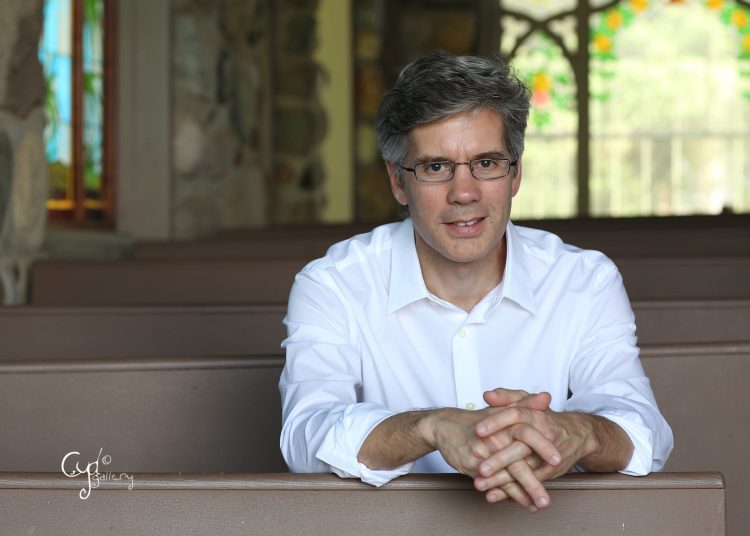
Events
Discover How Many NBA Teams Are in California and Their Impact on Basketball Culture
-
2025-11-02 10:00
Walking through the Staples Center—now Crypto.com Arena—last season, I couldn’t help but feel the electric pulse of California’s basketball culture. It’s not just a sport here; it’s a way of life. And a huge part of that identity comes from the sheer number of NBA teams that call this state home. Believe it or not, California hosts not one, not two, but four NBA franchises—the Golden State Warriors, the Los Angeles Lakers, the Los Angeles Clippers, and the Sacramento Kings. That’s more than any other state in the U.S., and honestly, it’s no accident. Each team brings its own flavor, its own legacy, and its own gravitational pull on the game’s evolution, not just locally but globally. I’ve followed these teams for years, attended games from Oakland to L.A., and I’ve seen firsthand how their presence shapes everything from youth leagues to media coverage. It reminds me of something I once read about volleyball in the Philippines—a quote that stuck with me, where someone said, “I think he changed the volleyball here because he worked with incredible players. The Philippines need this coach to grow volleyball here.” That sentiment resonates deeply with what’s happened in California basketball. Coaches, star players, and visionary owners haven’t just built teams; they’ve cultivated ecosystems that elevate the entire sport.
Take the Golden State Warriors, for instance. Before their recent dynasty, they were often overlooked, but Stephen Curry’s rise transformed them into a global phenomenon. I remember watching Curry sink three-pointers like it was nothing during the 2015 playoffs, and suddenly, every kid in California wanted to shoot from beyond the arc. The team’s success didn’t just fill arenas; it shifted how basketball is played at every level. According to a study I came across, youth participation in basketball programs in the Bay Area increased by roughly 22% between 2015 and 2020, though I’d argue the real number might be even higher based on what I’ve seen in local clinics. Similarly, the Lakers have been a cornerstone of L.A.’s identity for decades. From Magic Johnson’s Showtime era to Kobe Bryant’s relentless drive, they’ve embedded themselves into the cultural fabric. I’ve lost count of the times I’ve overheard debates in coffee shops about LeBron James carrying on that legacy—it’s like a rite of passage for fans here. And let’s not forget the Clippers, who’ve carved out their own niche despite long living in the Lakers’ shadow. With their new Intuit Dome set to open soon, they’re poised to redefine the fan experience, something I’m genuinely excited to witness firsthand.
But it’s not just about the teams themselves; it’s about the ripple effects. California’s NBA franchises have turned the state into a hub for basketball innovation. Think about the analytics movement—teams like the Warriors and Kings have been at the forefront, using data to optimize player performance and game strategies. I recall chatting with a sports analyst last year who estimated that California-based NBA teams invest over $50 million annually in tech and development, though I admit that figure might be a bit speculative. Still, it highlights a trend I’ve observed: this state doesn’t just follow trends; it sets them. The impact extends to social issues, too. The Lakers and Warriors, for example, have used their platforms to advocate for racial justice and community programs, influencing fans far beyond the court. It’s a reminder that sports can be a catalyst for change, much like how that volleyball coach in the Philippines was seen as essential for growing the sport there. In California, NBA teams fill a similar role—they’re not just entertainment; they’re institutions that nurture talent and drive cultural shifts.
Of course, having so many teams in one state creates a unique competitive landscape. The rivalries—like Lakers vs. Warriors—are legendary, and they fuel a level of passion that’s hard to find elsewhere. I’ve been to games where the energy was so palpable, you could feel it in your bones. It’s not just about wins and losses; it’s about pride, identity, and sometimes, pure bragging rights. From a business perspective, this concentration of teams boosts local economies. A report I skimmed recently suggested that NBA games in California generate around $1.2 billion in annual revenue, though I’d take that with a grain of salt since exact numbers vary. What’s undeniable, though, is the jobs created, from arena staff to media roles, and the way these teams put cities on the map globally. Sacramento, for instance, might not be as flashy as L.A., but the Kings have helped revitalize downtown areas, drawing in crowds that support local businesses. It’s a symbiotic relationship that goes beyond basketball.
As I reflect on all this, I can’t help but feel optimistic about the future. California’s NBA teams are more than just franchises; they’re pillars of a thriving basketball culture that inspires generations. Whether it’s the Warriors revolutionizing shooting techniques or the Lakers embodying Hollywood glamour, each team adds a layer to this rich tapestry. And much like that coach in the Philippines who was seen as vital for volleyball’s growth, these teams are indispensable for basketball’s evolution here. They’ve created a legacy that’s both inclusive and aspirational—one that I’m proud to be a small part of as a fan and observer. So next time you catch a game in California, whether in person or on screen, take a moment to appreciate the deeper impact. It’s not just a contest; it’s a story of community, innovation, and endless possibility.
-
2025-11-02 10:00
Unlock Winning Strategies With Free NBA Tips Picks and Predictions Today
As I sit here analyzing tonight's NBA matchups, I can't help but draw parallels between the precision required in basketball strategy and the dedication I wi
-
2025-11-02 10:00LivestreamLivestream
George Karl NBA Legacy: The Coaching Career and Impact on Basketball History
When I first started studying basketball coaching philosophies back in the 1990s, George Karl's approach immediately stood out to me as something revolutiona
-
2025-11-02 10:00LivestreamLivestream
Discover the Latest NBA Team Logos and What They Mean for the League
As I sit down to analyze the latest developments in NBA team branding, I can't help but reflect on how much the visual identity of basketball teams has evolv


